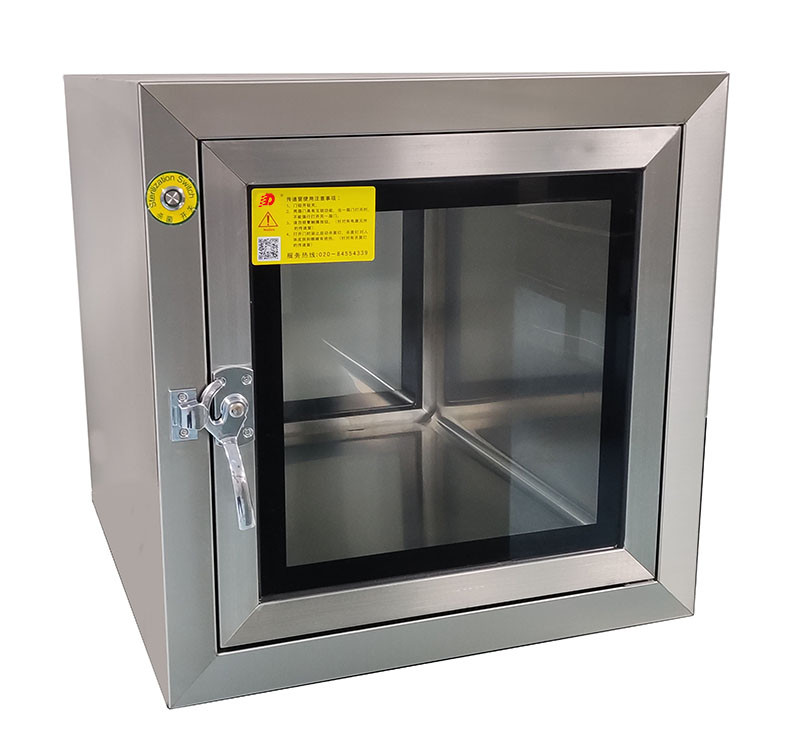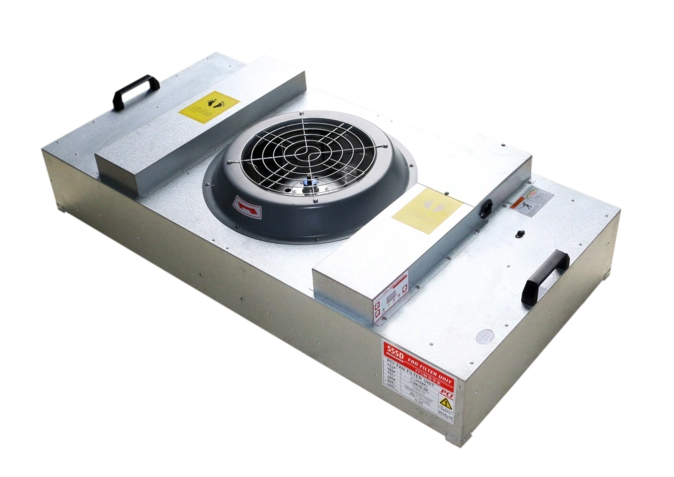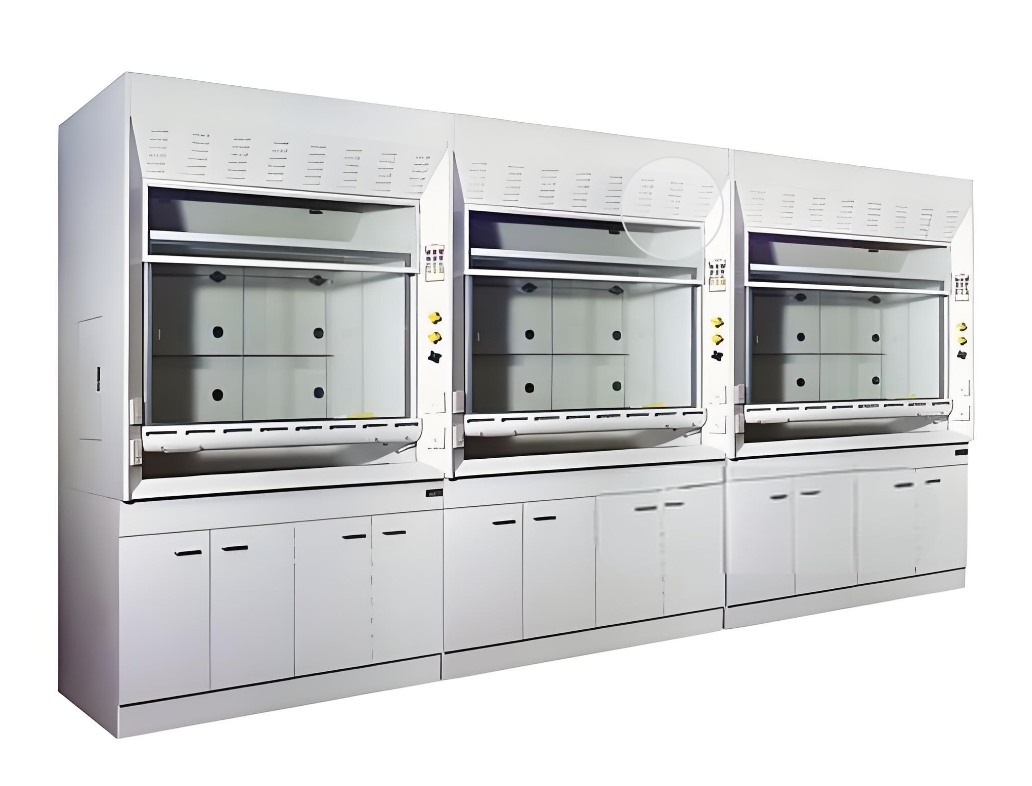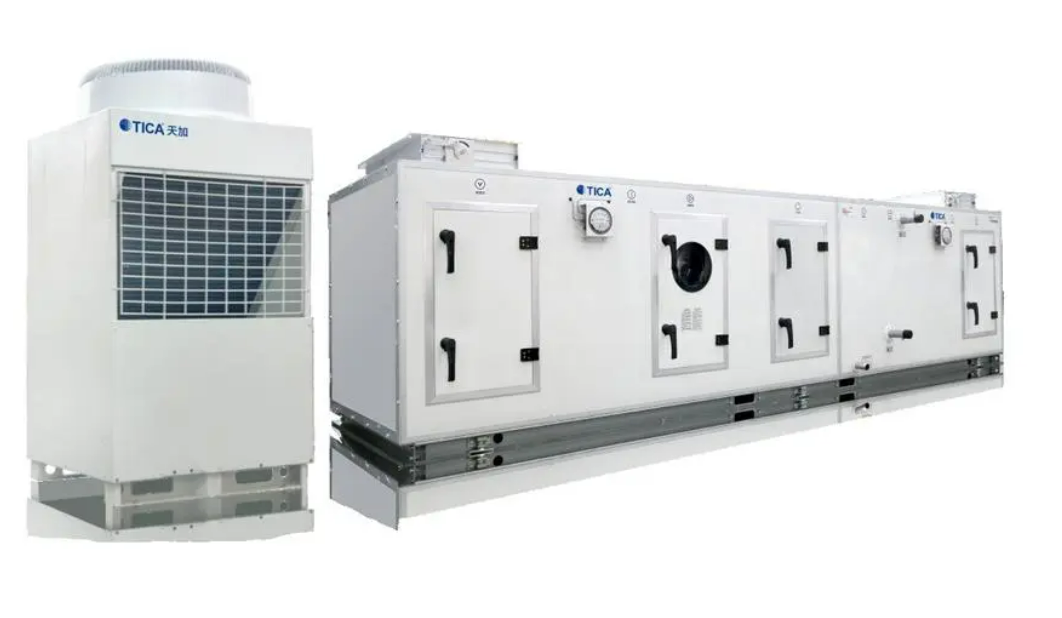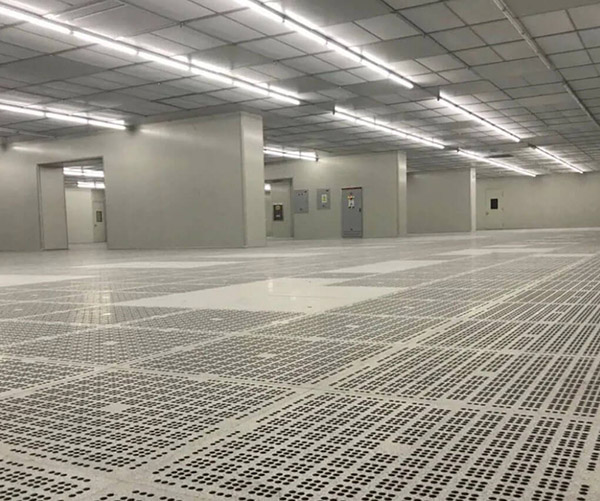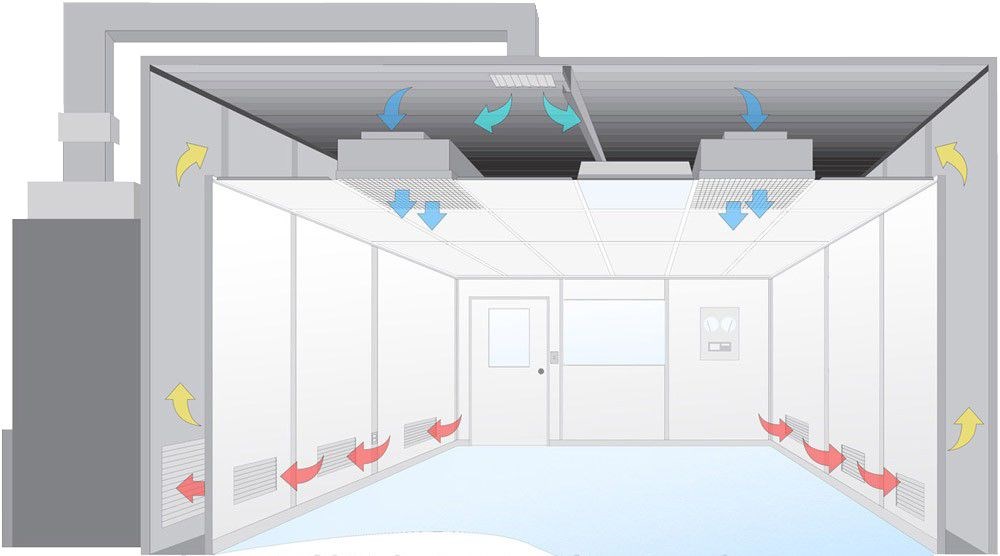Introduction
In cleanroom applications, the quality of compressed air is crucial and directly affects the final quality of the production process and the product. A compressed air quality detector is a device specifically used to monitor moisture, oil and particulate matter in compressed air and other gases (such as nitrogen, oxygen, inert gas and carbon dioxide). This article will detail the functions, usage methods and key role of compressed air quality detectors in Cleanroom performance testing.

Importance of compressed air quality testing
The environmental requirements of cleanrooms are extremely strict, especially in industries such as pharmaceuticals, Semiconductors and Electronics manufacturing. The quality of compressed air directly affects the purity and safety of products. Contaminants that may exist in compressed air include moisture, oil, dust particles and microorganisms, which not only affect the operating efficiency of the equipment, but may also cause quality problems in the product. Therefore, regular testing of the quality of compressed air is a necessary measure to ensure that the cleanroom meets the standards.
Functions of the testing instrument
Compressed air quality detectors have multiple functions and can detect important parameters in a variety of gases. The main test items include:
1. Moisture (dew point)
The moisture content is directly related to the dryness of compressed air. Excessive moisture may cause equipment corrosion and product quality degradation.
2. Oil content
The oil content of compressed air affects the cleanliness of the gas, especially in high-standard Clean Rooms, where excessive oil will contaminate the production process.
3. Dust particles
Detect solid particles in the air to ensure that the level of pollutants in the clean room is within an acceptable range.
4. Microorganisms
Detect the number of microorganisms in the air to ensure the maintenance of a sterile environment.
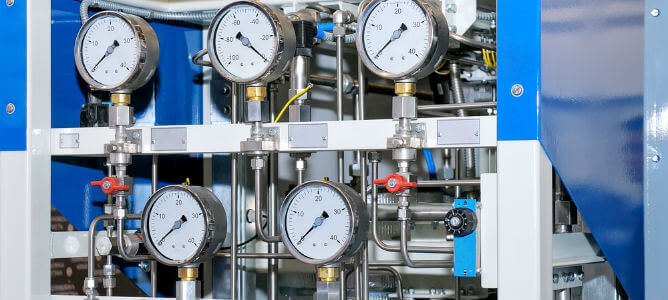
How to use
The compressed air quality detector is simple and efficient to use. No additional power supply is required. The operator only needs to follow the steps below:
1. Connect the device
First, unplug the compressed air capillary from the device (the specific number varies depending on the device), fix it, and adjust the compressed air flow to ensure that there is a breeze.
2. Disinfection
Use alcohol cotton to disinfect the mouth of the compressed air capillary to ensure the sterility of the collection process.
3. Prepare for sampling
Connect the hose to a sterilized glass funnel, open the valve, and release some compressed air for about 1 minute to remove residual gas in the pipeline.
4. Collect samples
Open the plate filled with tryptone soy agar (TSA) medium, place it 5 to 250 mm below the funnel, collect microorganisms in the compressed air, and cover the plate after waiting for 0.5 hours.
5. Cultivate and observe
Place the plate in an electric constant temperature incubator, set the temperature to 30℃ to 35℃, observe and count the number of colonies after 48 hours of incubation.

Test standards and result interpretation
The judgment standard for the comprehensive performance test of the clean room is usually the number of colonies ≤10/plate. The test results will help evaluate whether the quality of compressed air meets the standard requirements of the clean room. If the test results exceed the standard, the compressed air system needs to be repaired or replaced to ensure the safety of the subsequent production process and the quality of the product.
Compressed air quality detectors play an important role in the application of clean rooms. Through comprehensive testing of moisture, oil, dust and microorganisms in the air, the environmental quality of the clean room can be effectively maintained. Regular testing not only helps to discover potential problems, but also provides strong data support for the continuous compliance of the clean room.
 +86 18186671616
+86 18186671616 Jason@cleanroomequips.com
Jason@cleanroomequips.com
 MENU
MENU







